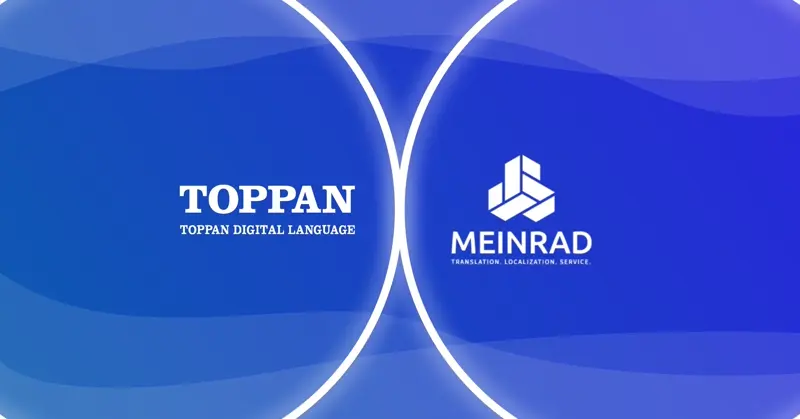
In summary: How to comply with the EU’s SFDR Regulation
What is the SFDR? – The Sustainable Finance Disclosure Regulation (SFDR) is an EU regulation that requires financial market participants and products to disclose information about sustainability in pre-contractual documents and periodic reports.
New challenges – the European Securities and Markets Authority (ESMA) urged regulators to reclassify SFDR labels to ensure that investors can understand the information disclosed in pre-contractual documents and periodic reports.
How to be compliant – To comply effectively with the regulation, financial providers should invest in language services to ensure global transparency, and promote greater trust and confidence in the sustainable finance market.
When you think of sustainability in global markets, your first thought might be the fashion industry, gas and oil, or even the tech industry. But as the world continues to progress and innovate, so too does the finance industry. As concerns over sustainability and the impact of our actions on the environment become increasingly pressing, there’s a growing need for a more responsible and ethical approach to finance.
One relatively new approach is the EU’s Sustainable Finance Disclosure Regulation (SFDR). Introduced in March 2021, the regulation requires financial market participants and products to disclose information about sustainability in pre-contractual documents and periodic reports.
With the increasing demand for sustainable finance, SFDR is playing a crucial role in ensuring that investors have access to the information they need to make informed decisions about their investments.
One of the major challenges of SFDR is the increased disclosure requirements that it imposes on financial providers. The regulation asks for more information on the ESG (environmental, social, and governance) approaches of funds, their sustainability risks, and the impact of their investments on sustainability.
This means asset managers, investment firms, and other financial providers will have to make significant changes to their current practices and processes to comply with the new regulations.
But that’s not all.
Recently, the European Securities and Markets Authority (ESMA) urged regulators to reclassify SFDR labels to ensure that investors can understand the information disclosed in pre-contractual documents and periodic reports. The ESMA has recommended that the SFDR labels should be reclassified to provide a clear and consistent basis for the disclosure of information related to sustainability.
This makes things even more complex for firms operating in a global market.
Language challenges
Another key challenge of SFDR is ensuring that the required information is available in a language that investors can understand. This is a particular challenge for financial providers who work with clients in countries where English is not the dominant language. The regulation requires that the information is available in a language that investors can understand, which can be a challenge for many financial providers.
This is because translating complex, business-critical financial information into different languages can be difficult, and there is a risk of miscommunication if the information is not translated accurately.
To overcome these language challenges, many financial providers are turning to translation services to help them comply with the SFDR regulations quickly and effectively. By providing accurate and high-quality translations, translation services can help ensure that the required information is communicated effectively and in a way that meets regulatory requirements.
This can help mitigate the risk of non-compliance and potential penalties and promote greater trust and confidence in the sustainable finance market.
Firms can also work with language experts who specialize in working with regulated industries to ensure their SFDR disclosures meet all required regulatory standards.
These experts can help to identify any potential language barriers and provide guidance on the best way to overcome these challenges. They can also help to ensure that the translated information is consistent with the original, providing investors with confidence that the information is accurate and reliable.
It’s safe to say that sustainability isn’t just a trend. Nor is it simply regulated to a small number of industries. It’s an issue that’s deeply woven into our global society and economy. Firms within regulated industries would be wise to stay well informed about sustainability (and other related Issues) and how it can affect the way they operate in the global market.
The implementation of SFDR is an important step towards a more sustainable future, and it is crucial that financial providers take the necessary steps to comply with the regulation and promote greater trust and confidence in the sustainable finance market.














